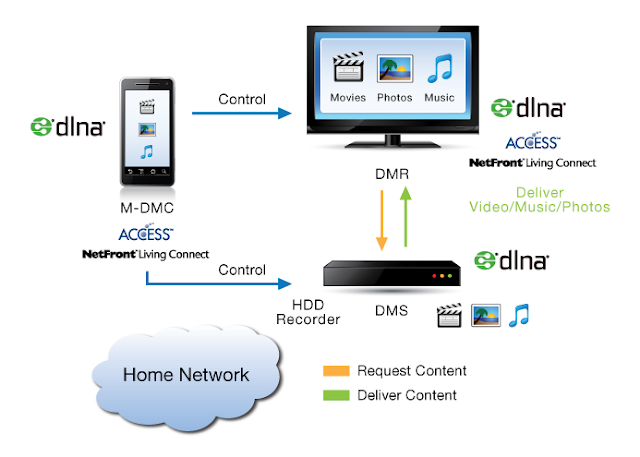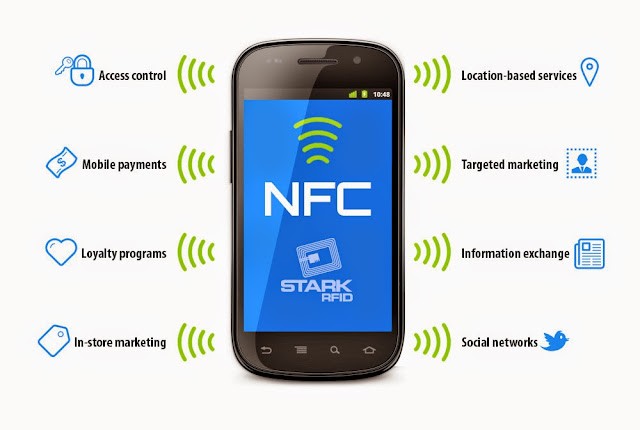PPTP vs L2TP vs SSTP vs OpenVPN
PPTP
PPTP stands for Point To Point Tunneling Protocol, which is also termed as P2TP, is a protocol designed by Microsoft to provide secure communication and it is a very common protocol being used from windows 95. It has some drawbacks like it is no more secure at all now. Although, it is easy to use and set up but vulnerable with lots of weaknesses. The major advantage of this protocol is that it is built-in with the Windows operating system. It has almost been obsoleted. It's better to go for an advanced and secure feature.
OpenVPN
OpenVPN is more secure than PPTP and also provides more flexibility like it can be mount on any port, so it is difficult for a firewall to block it properly. OpenVPN uses open technologies like OpenSSL encryption library and SSLV3 and TLS v1 protocols. It is most popular and can be more secure if it uses AES encryption rather than a Blowfish encryption technique. It is required to install a third-party software before configuring OpenVPN because it is not available or built-in with OS in advanced. It also doesn't have security concerns and can be used instead of PPTP.
L2TP/IPSec
L2TP stands for Layer two tunneling protocol, it also used for security purposes but does not offer any encryption, so it is always used with IPSec to provide encryption for security purposes. It works on UDP port 500 which is fixed and can not be changed so it is very easy to block via firewall so not as much flexible as OpenVPN, though it is secure more than PPTP so give it priority over PPTP and it would be a nice idea to use OpenVPN instead.
SSTP
SSTP stands for Secure Socket Tunneling Protocol, which is a Microsoft proprietary protocol introduced in Windows Vista. It is good because it is built-in with the Windows operating system and has the best compatibility with windows. It uses the AES encryption and similar SSLv3 like OpenVPN so it has the same features and can easily bypass the firewall. It is much better than L2TP/IPSec and PPTP.
Please keep learning from computerflicks, because it is beyond computing.

Comments
Post a Comment